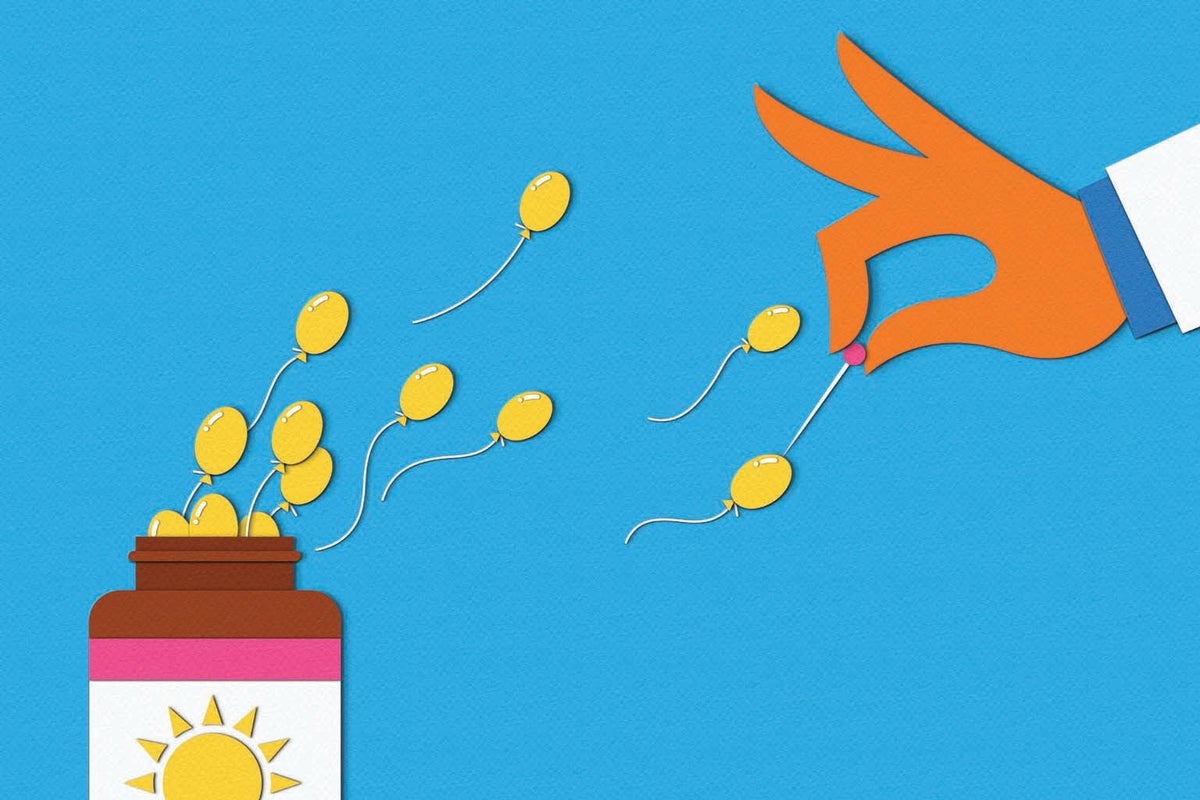Most people naturally have good vitamin D levels. Overhyped claims that the compound helps to fight diseases from cancer to depression aren’t borne out by recent research
For a while vitamin D was looking like a bona fide health elixir. It was recognized a century ago as the cure for rickets, a childhood disease that causes weak and deformed bones. Then, in the early 2000s, researchers began amassing a pile of studies suggesting that low vitamin D levels could be a factor in cancer, cardiovascular disease, dementia, depression, diabetes, autoimmune diseases, fractures, respiratory illnesses and Parkinson’s disease. It seemed reasonable to think that raising our levels of this simple vitamin—one that our bodies make when lit up by sunshine and that we can get more of from supplements—could cure practically whatever ailed us.
…
Then the bottom fell out. Although thousands of studies had linked low levels of vitamin D to an assortment of medical conditions, when scientists tried administering it as a means to prevent or treat those problems, the wonder supplement failed miserably. The notion that our lives would be better if we all just raised our vitamin D levels began to look like a fantasy. The idea that vitamin D deficiency was widespread also crumbled. It turned out that notions of what constitutes a deficiency were based on a dubious understanding to begin with. National population sampling showed that most people were already getting enough of the vitamin.
There’s no question that vitamin D plays an important role in health. It helps your body absorb and retain calcium and phosphorus; both are critical for building bone. But except for a few subsets of the population (such as breastfed infants and people with particular medical conditions), most people probably don’t need supplements.
Depends on where you live, no? Some places get months of less than 8 hours of sunshine a day, and most of that time people will be working indoors (cause it’s cold as heck).
Perhaps it’s a placebo effect but my anecdotal evidence says that I dodge the winter blues when I take vitamin D supplements.
That’s a good point. The article mentioned needing only 3-8 minutes with 25% skin exposed to get enough vitamin D in Boston. I wonder how much you’d need in places with less sunlight.
…It turns out that you don’t need high doses of sun to get sufficient vitamin D. A 2010 study calculated that between April and October, someone in Boston with 25 percent of their skin exposed would need between three and eight minutes of sunlight per day to get enough. Of course, in the winter it might be challenging to find even this amount of sun at some latitudes.
And if you’re not white, those numbers are totally wrong.
My theory: it’s correlation not causation. People have higher vitamin d levels if they spend more time outdoors, which often means a healthier lifestyle.
Vitamin D has been really good for my mental health. It feels like my brain gets kicked over a hump that I can’t get over myself to start operating in a healthy way. It’s hard to explain
deleted
Same here just got diagnosed with one and the one thing that has changed over the last few years was D supplements.
How interesting. How quickly would doctors start to argue against extra vitamin D I wonder
Vitamin D is stored in the fat, you can’t really take too much.
A friend needed to take 50k iu’s one a week for being low in the vitamin a while ago
You absolutely CAN take too much, and it being fat soluble is part of the reason for that. Water soluble vitamins just give you expensive pee when you take too much.
The good news is that you really have to try to overdose. Like, roughly entire bottle of vitamin D, every day, for more than one month.



